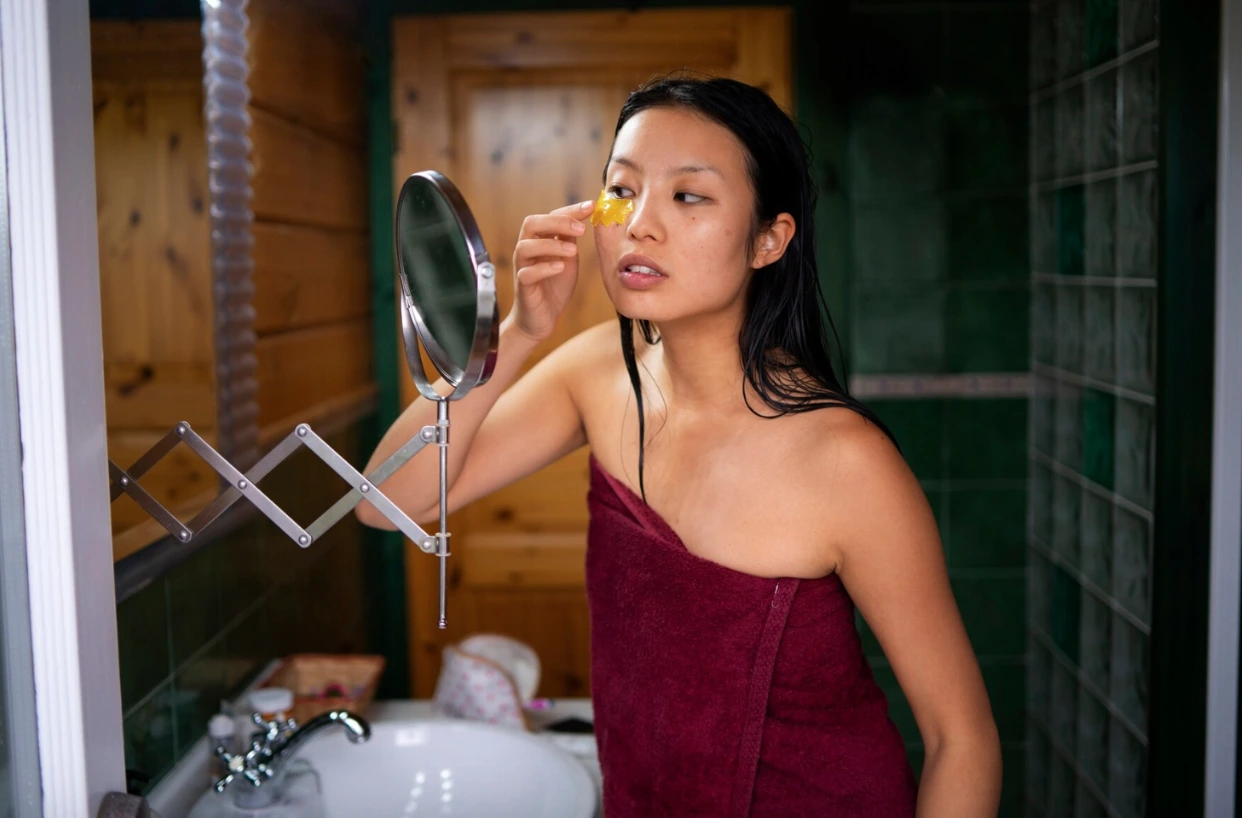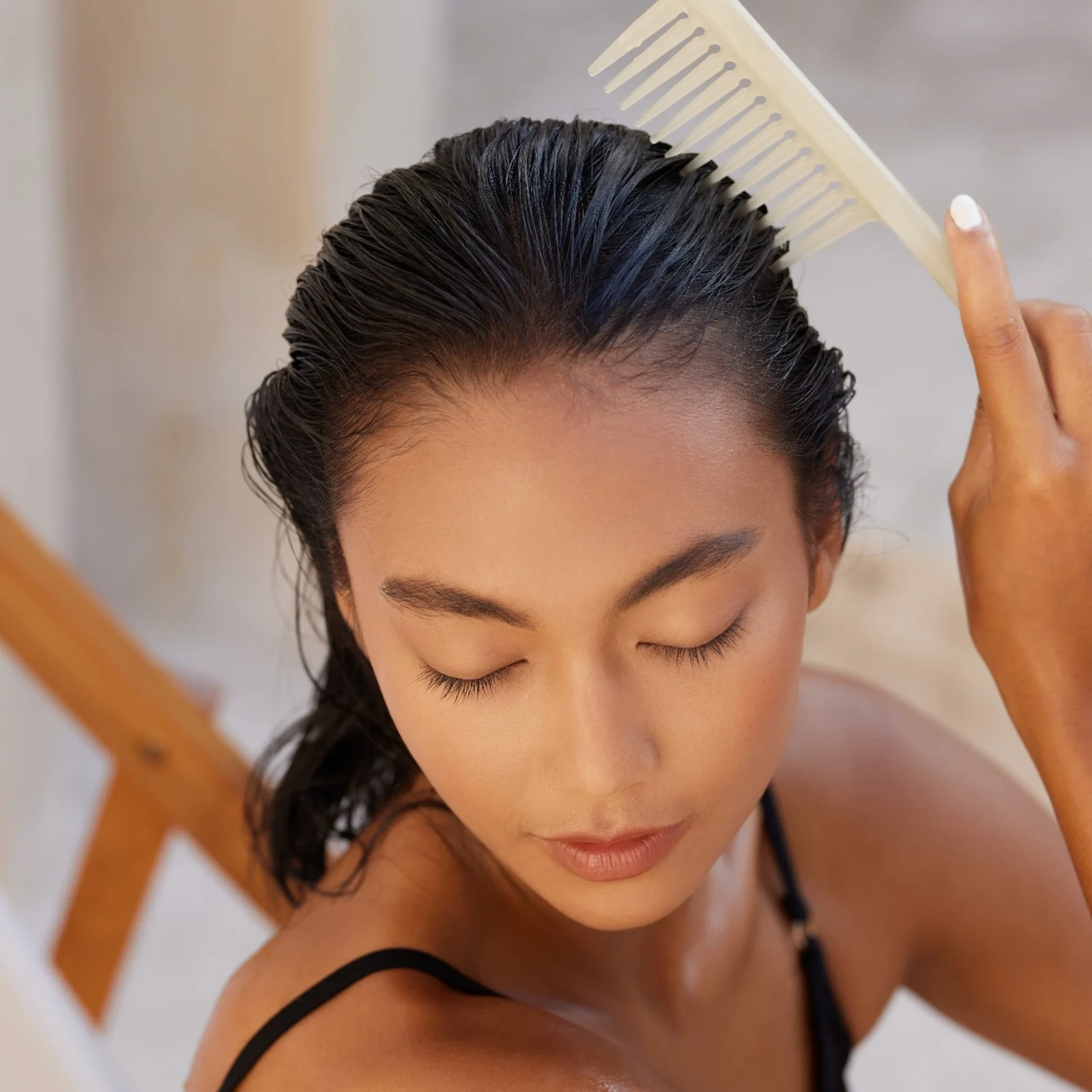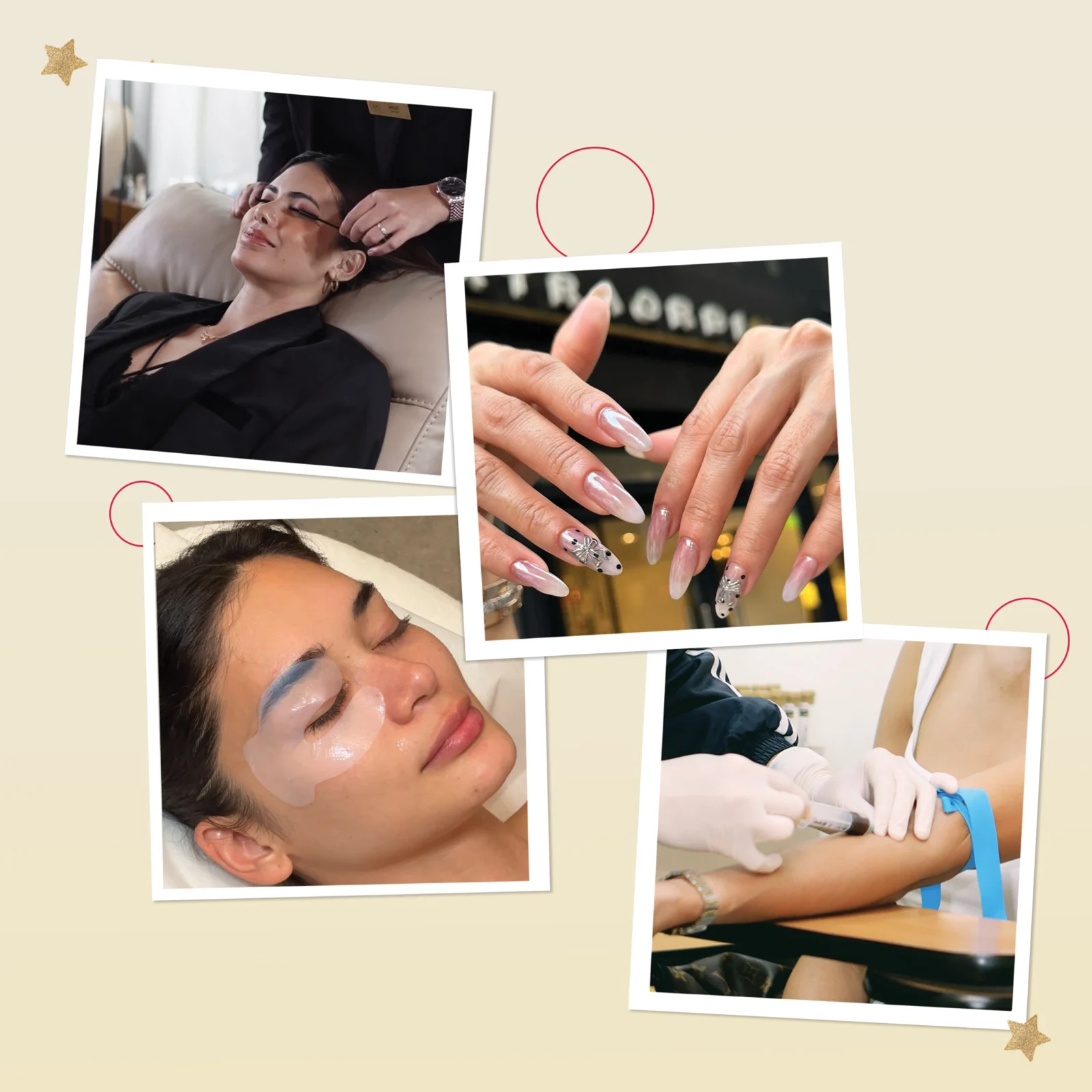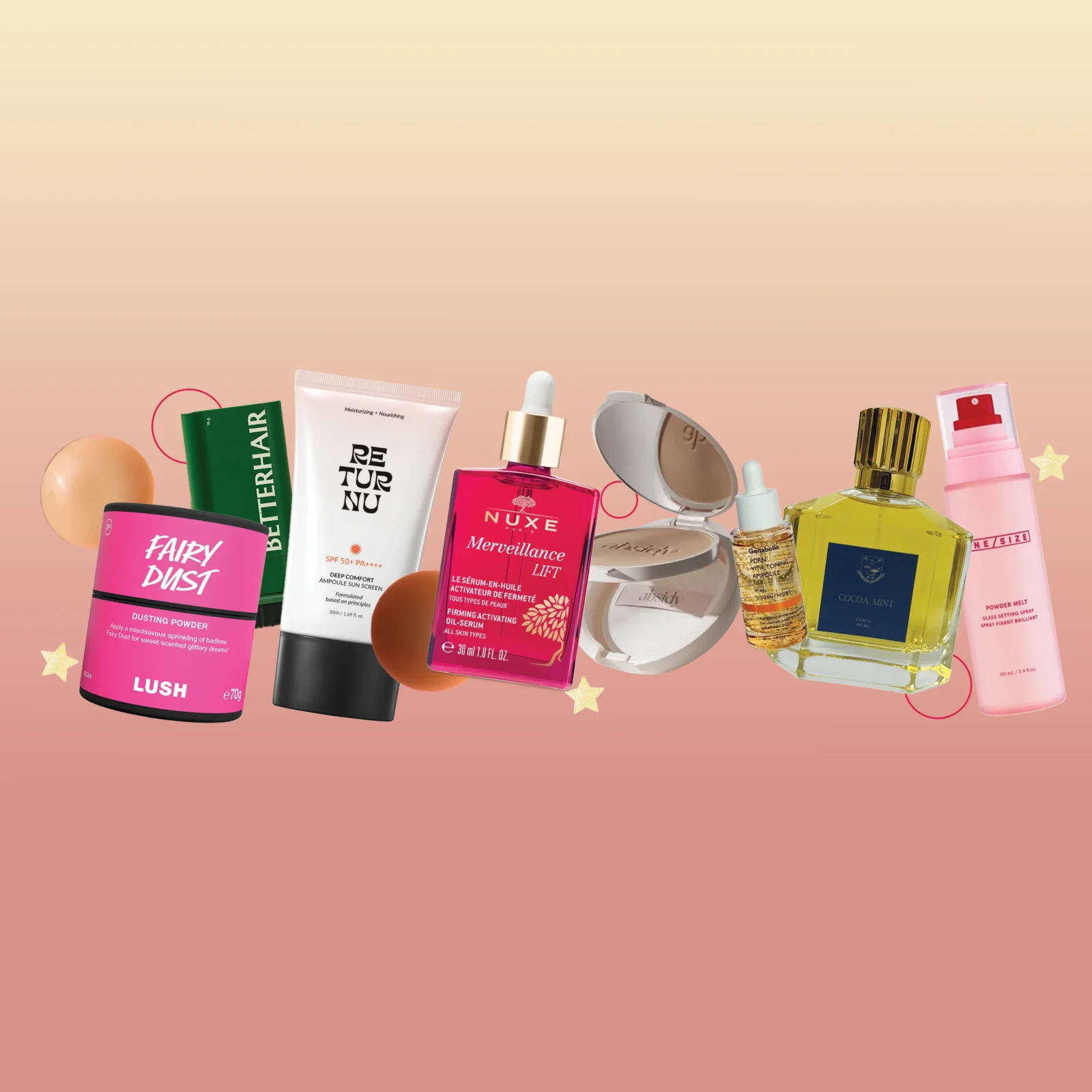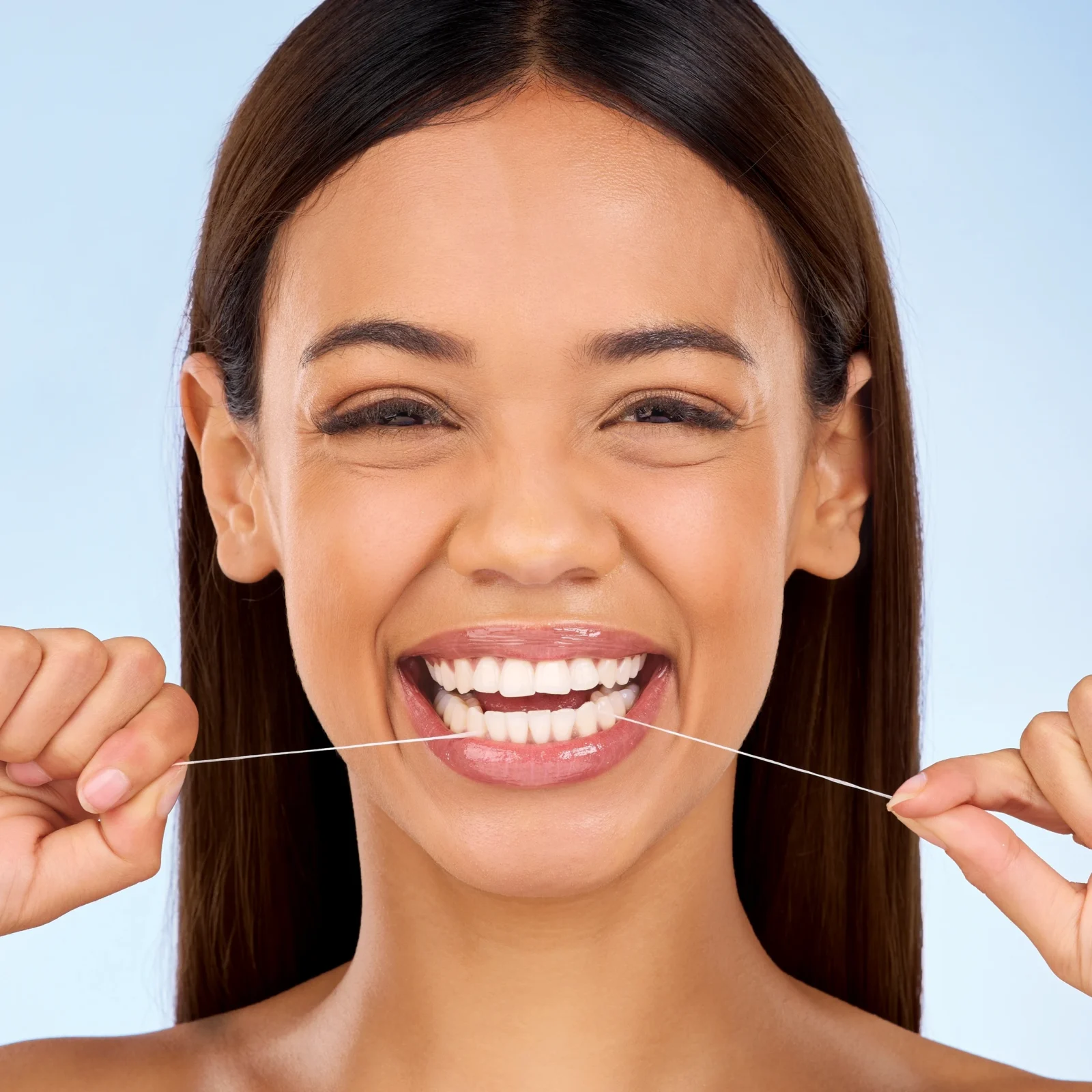The Surprising Power of Proper Hygiene and Good Grooming
Good grooming and proper hygiene aren’t just about looking good—they’re the foundation of your health, confidence, and daily sanity.
By Mia Torres
When we talk about self-care, it’s easy to jump straight to face masks or bubble baths. But the unsung heroes of your wellness routine? Proper hygiene and good grooming. These everyday habits are more than just nice-to-haves—they’re the real MVPs of feeling (and looking) like your best self.
Good grooming and proper hygiene are non-negotiables when it comes to physical health and emotional well-being. A study published in 2015 found that handwashing promotion reduces diarrheal episodes by about 30 percent in both children and adults across various settings, confirming that simple hygiene habits remain among the most effective public health measures. This supports the idea that good grooming and proper hygiene are essential for physical health and emotional well-being.
Let’s break down how grooming and hygiene habits shape your health, mood, and self-image—and the expert-approved tips you can start using today.
What is proper hygiene, really?
It’s more than just soap and water. Proper hygiene is a collection of daily habits that keep your body clean, fresh, and illness-free—think showering, brushing teeth, handwashing, trimming nails, and wearing clean clothes.
According to the Philippine Dermatological Society (PDS), hygiene isn’t about perfection—it’s about consistency. They recommend a simple routine: cleanse, moisturize, and protect. Washing your face twice a day with a gentle cleanser clears away dirt, oil, and pollution. Moisturizer helps lock in hydration. And sunscreen? Non-negotiable.
Beyond skin care, hygiene rituals help you steer clear of bacterial and fungal infections. No fancy gadgets are required—just regular handwashing and clean towels.
Why grooming and hygiene are secret self-esteem boosters
Ever notice how a fresh shower or a clean outfit can make you feel more human again? You’re not imagining it. Cleanliness has psychological benefits.
A 2025 study explored how poor hygiene infrastructure at work among healthcare workers in Ethiopia increased mental health symptoms and negatively impacted emotional well-being, highlighting a clear link between hygiene conditions and mental health outcomes. This underscores that hygiene affects mood and psychological health, not just physical health.
Looking well-groomed also sends signals to your brain that you’re capable and in control. A 2021 study in Frontiers in Psychiatry found that self-care routines—including hygiene—help regulate emotions, reduce stress, and reinforce a sense of normalcy and stability.
The ultimate hygiene and grooming checklist
Here’s your fuss-free guide to staying clean, healthy, and confident:
Shower or bathe daily
Wash off sweat, bacteria, and stress. If you have dry skin, go for a gentle, fragrance-free cleanser and moisturize right after.
Brush and floss
Your mouth isn’t just about fresh breath—poor oral hygiene is linked to heart disease and diabetes. Brush twice daily, floss once, and don’t skip the fluoride rinse.
Wash your hands (seriously)
It’s one of the most effective ways to dodge illnesses. Wash before meals, after bathroom breaks, and when you get home.
Hair and nail TLC
Dirty hair can harbor bacteria. Keep it clean and trimmed. The same goes for your nails—no one likes surprise grime.
Wear clean clothes
Especially underwear and socks. Rewearing sweaty outfits is a fast track to body odor and irritated skin.
Use deodorant or antiperspirant
Choose what works for your skin and activity level. It’s not about masking smell—it’s about preventing it.
Moisturize
Hydrated skin is healthy skin. Apply lotion after bathing to protect your skin barrier.
Protect with sunscreen
Rain or shine, SPF is your daily armor. Adding sunscreen to your skin care routine helps prevent sun damage, premature aging, and skin cancer.
Simple ways to level up your routine
- Use products that match your needs. Not everything is one-size-fits-all.
- Sanitize tools. Yes, even your razors, brushes, and nail clippers—weekly.
- Drink water. Hydration helps your skin glow from within.
- Prioritize sleep. Your body (and skin) repairs itself while you rest.
- Check in with yourself. If hygiene feels overwhelming, it could be a mental health flag. Don’t hesitate to reach out.
Final takeaway: Your routine is your ritual
Grooming and hygiene aren’t chores—they’re acts of respect for your body and your mental well-being. They’re also deeply personal.
Start with one habit. Wash your face. Change your shirt. Moisturize with intention. That tiny act is a signal: “I matter today.”
You might also like
To provide a customized ad experience, we need to know if you are of legal age in your region.
By making a selection, you agree to our Terms & Conditions.
